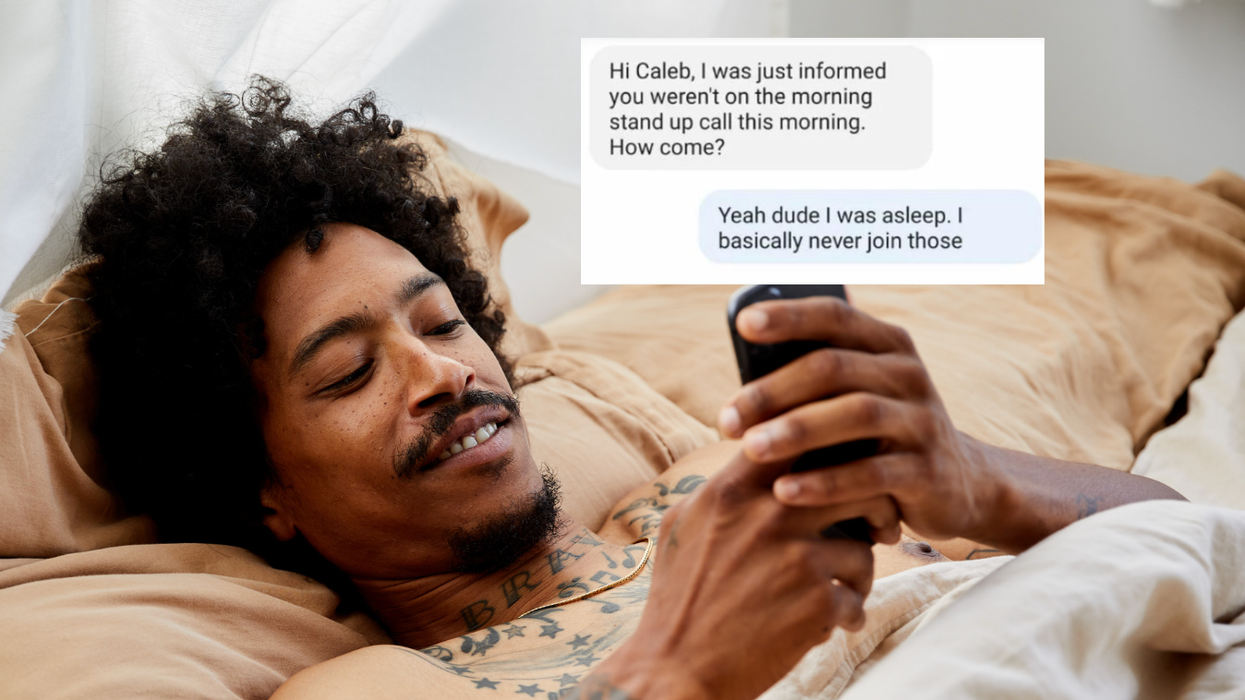In an interview with Fortune, 87-year-old CEO George Gellert of Gellert Global Group has spent over 60 years running a company that brings in $1.7 billion each year. The secret to his success, he claims, isn’t anything huge but one consistent practice: being on time. “My mother would say to me, if you’re one minute late, it’s the same as being an hour late.” However, his younger Gen Z peers aren’t hearing it.
A survey of 1,000 workers across different ages and stages of life found that 47% of Gen Zers believed that being 5 to 10 minutes late to a meeting or function was still considered “on time,” a far cry from other previous working generations. This among other reasons is why Gen Z is considered the most difficult generation to work with even when their peers manage them.
@ellena.goes.viral Gen Z at work be like…#lol #comedy #corporatetiktok #sarcasm
Why is there such a disconnect? Many Gen Z cite that they prioritize work-life balance and flexibility over their employer along with many still getting used to post-pandemic in-person work life after the rise of remote work in the early 2020s. However, there is something that both Gen Z and Gellert both believe is a problem within modern work culture: lack of investment in employees.
“You gotta motivate them to feel you,” says Gellert. “They’re always wondering, what’s my future? What’s the next step? So, you have to really make sure that they have a career path going forward, because if not, they’ll leave.”
@treybodirt Pay your people and give them the ability to be present for life and family events. Respect them and their time and it will come back to you. #construction #constructiontok #farmtok #heavyequipment #finance #business #businessowner #hr #worker #workers #finance #invest #training
Unfortunately, Gellert’s old school views have gone on deaf ears by the majority of his CEO peers. Due in part to lack of investment in junior employees, job hopping is basically encouraged in order for younger workers in today’s economy to get promotions and raises. One study found that 75% of employees leave without getting promoted, and that’s across all generations.
Seeing this stagnancy occur makes the hustle up the corporate ladder within a company look futile, or that getting promoted isn’t worth it as many employees still feel underpaid or overworked in their current position. Getting that additional responsibility with a promotion might not match the pay bump that goes with it. It might barge into their "work to live not live to work" mindset either.
@steven Why are we still shamming people for not wanting a career!?? 👀🤯 #stevenbartlett #thediaryofaceo #simonsinek #careeertiktok #cultureshock
Another reason why your Gen Z coworker is arriving late is because they may have been busy at their other job. Since many Gen Zers are “polyworking” to make ends meet through multiple jobs, with both jobs competing for their time as “highest priority” then it makes sense that Gen Z doesn’t see tardiness as a problem. After all, if a company isn’t investing time into their well-being, why on Earth would they invest time into them? To put it into numbers, the average baby boomer will have worked with 6.6 employers from age 25 through 52 while it’s projected that the average Gen Zer will work 18 jobs across six careers throughout their lifetime.
So while Gellert’s octogenarian advice might not be applicable to the success of Gen Z as a workforce in the modern landscape, his attitude towards how companies should treat and invest in your talent could be the bridge that leads to success for both the worker and the company, too.






















 Gif of Bryan CRanston being angry via
Gif of Bryan CRanston being angry via 

